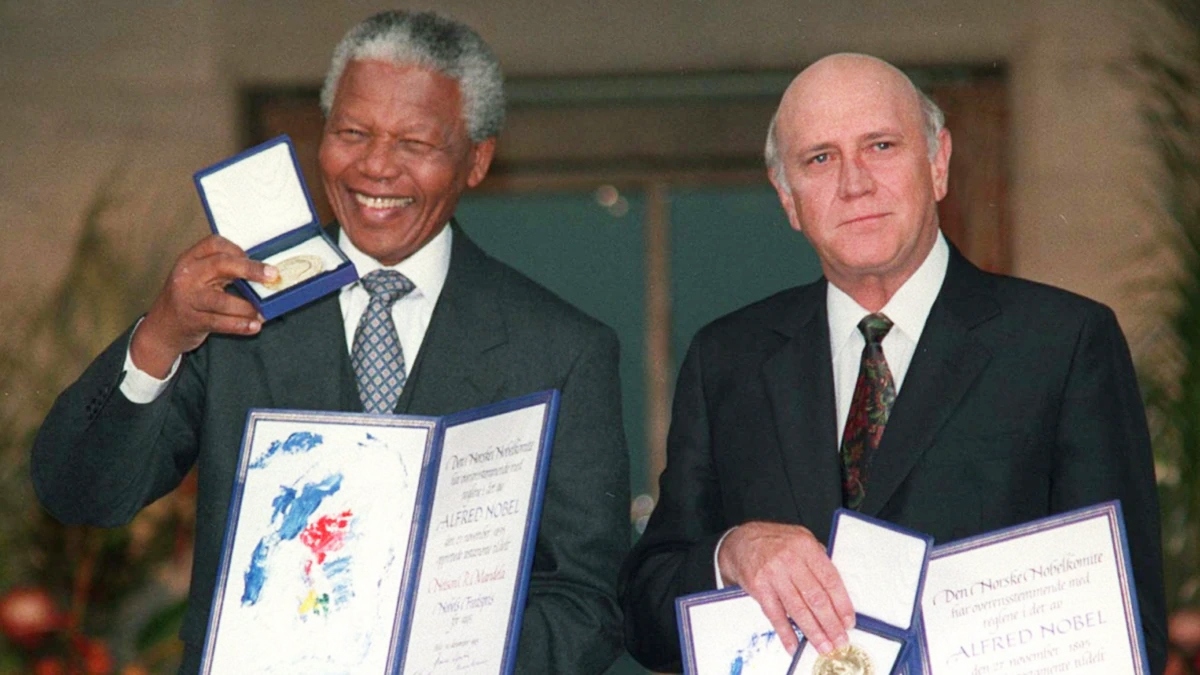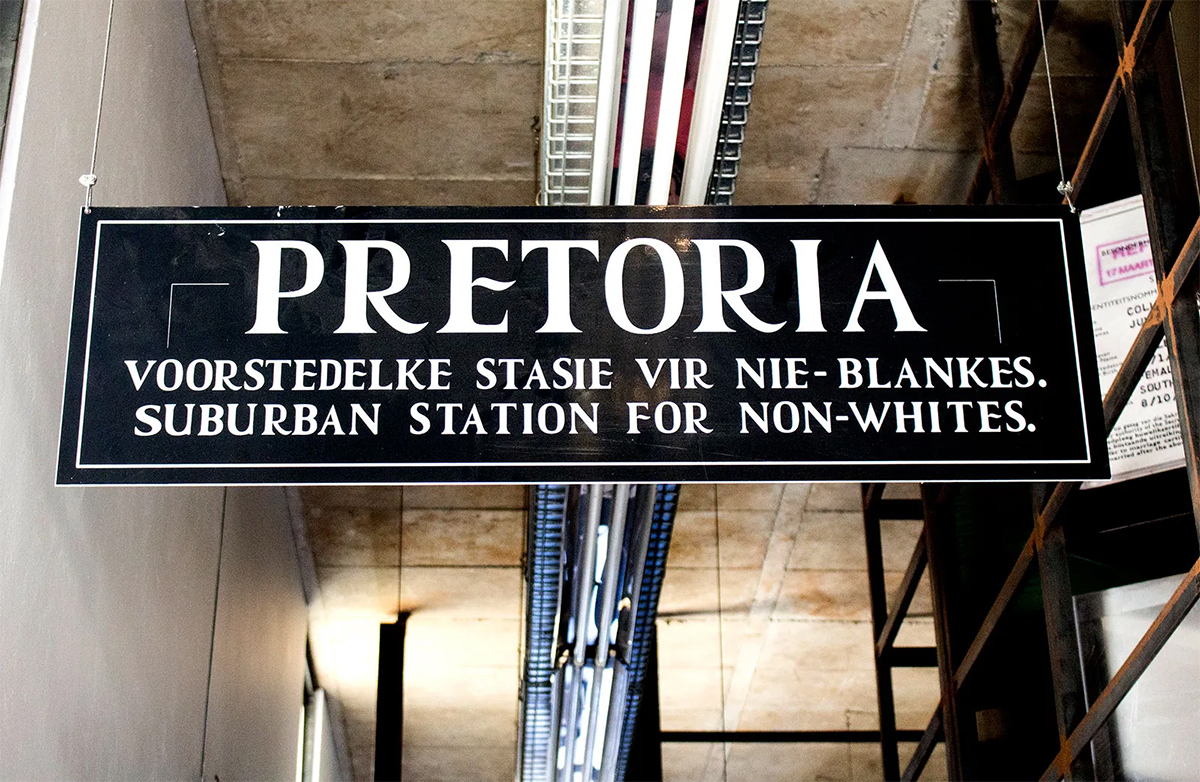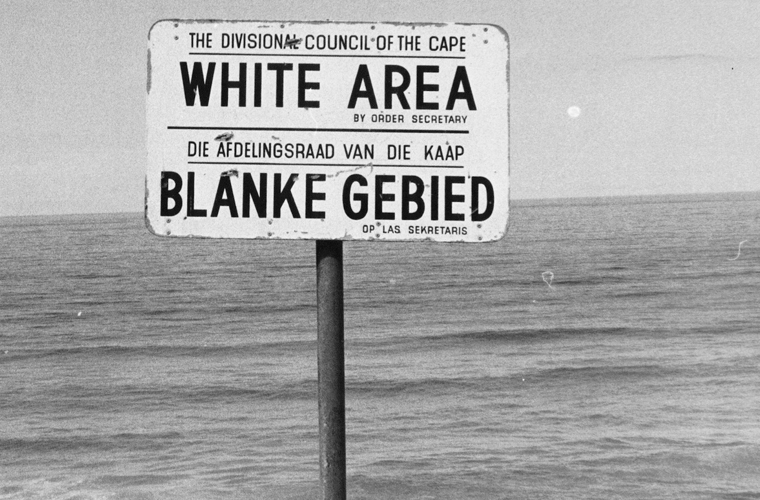Apartheid was a system of institutional racial segregation and discrimination that existed in South Africa from 1948 to the early 1990s. It was a policy implemented by the white minority government to maintain control over the country and ensure the dominance of the white population.
Under apartheid, non-white South Africans were subjected to a range of discriminatory laws and policies that restricted their rights and opportunities. These included the forced removal of non-white communities from their homes and the creation of separate, unequal public facilities such as schools, hospitals, and public transportation. Non-white South Africans were also required to carry identification documents at all times and were subject to arbitrary arrest and detention. The government also created a system of homelands, or bantustans, in which non-white South Africans were required to live, effectively segregating them from the rest of the country.

Apartheid was also characterized by violence and oppression, with the government using force to suppress dissent and maintain its hold on power. The African National Congress (ANC), a political party that advocated for the rights of non-white South Africans, was banned, and its leaders were imprisoned or forced into exile. The apartheid system began to unravel in the 1980s, as international pressure increased and resistance within South Africa grew. In 1990, Nelson Mandela, who had spent 27 years in prison for his role in the struggle against apartheid, was released, and negotiations began to establish a new democratic government.

In 1994, South Africa held its first democratic elections, and the ANC won a decisive victory. Mandela became the country’s first black president, and the new government set about dismantling the apartheid system and working to address the legacies of racial inequality and discrimination that it had created.

